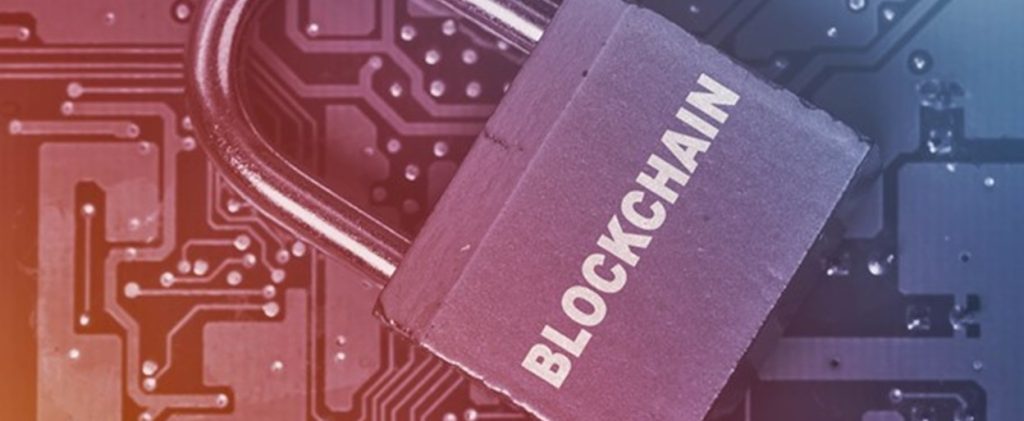
Blockchain, the underlying technology of cryptocurrency, is a digital recording system, leading innovators to wonder if it could solve challenges in deed recording.
The U.S. deed recording system is tried and true. At the same time, title defects and tangled titles are much too common. Additionally, deed fraud harms vulnerable homeowners..
What if our title system moved to the blockchain? A “blocktitle” system, as Dawson Sanders at the University of Southern California calls it, would transform real estate transactions.
The U.S. Title System: Reliable but Not Perfect
While the U.S. deed recording system is relatively reliable, there are ways in which blockchain’s traits could be helpful. After all, there’s a reason our nation’s title insurance sector takes in $22 billion dollars annually.
Even professional title reports can occasionally be unreliable due to the following reasons:
- People sometimes convey deeds but do not follow through with recording their deeds.
- Some valid claims on a property do not appear in the county records.
- Adverse possession and certain easements are never publicly recorded.
Furthermore, physical and online title registries can be compromised by break-ins or disasters.
A Blockchain Deed Registry Offers Several Advantages
In a “blocktitle” system, a title is authenticated, transferred, and recorded on the blockchain. This means:
- Each transaction creates a new block, connected to the previous block, and none can be modified, because decentralized nodes replicate each entry.
- If the chain of title becomes compromised, the blockchain network prevents multiple transfers from being etched into the ledger.
- The chain is digital and searchable by all involved parties. Claims, restrictions, and covenants are all visible on the chain.
- We know a seller holds a valid deed. Only a legitimate title holder may convey a title via blockchain. (Note: A person would hold a private key proving their right to transfer ownership, and must keep this key secure.)
- Smart contracts would release payments when agreed-upon conditions were met, so escrow accounts could conceivably be unnecessary. Escrow could be one less service a buyer needs to pay for.
But what would happen to the deed as we know it? The blocktitle would be self-recording! Granted, turning the documents in all our county deed recorders’ offices into digital entries would take major time commmitments at the beginning. It doesn’t look like the deed as we know it is going away any time soon.
Blockchain for U.S. Property Titles? Not So Fast
Today, there are plenty of unrecorded deeds and claims and clouds on real estate titles. Recording clouded titles on the blockchain could simply create worse tangles.
To make matters still more complex, today’s courts turn to state-based recording laws to resolve title disputes. As USC’s Dawson Sanders explains, then, “two otherwise identical property disputes may have different outcomes if the properties are in different states.”
Blockchain is a recording mechanism. As Sanders says, “it cannot account for the unrecordable.” This means certain unrecorded claims and rights just don’t compute in the digital world. As we note in the section above, adverse possession and certain easements are never recorded. How would blockchain process them?
There’d be a lot to work out, and much of it can’t happen overnight. But there are companies committing resources to blockchain for real estate. And as U.S. property documents continue to be brought online, costs and resources will lessen.
The Texas Blockchain Council (TBC), a bipartisan group of Texas lawmakers, introduced a bill in March 2023 but it didn’t pass. The lawmakers tried to get the state to begin a “distributed ledger-based title registry pilot program.” We can expect to hear more about similar initiatives, and not just in the Lone Star State.
Supporting References
Dawson Sanders for USC Gould School of Law, University of Southern California: The Blocktitle Revolution – Are Land Titles Moving to the Blockchain? (Jan. 24, 2023).
Deeds.com: Texas Lawmaker Group Says Blockchain Could “Revolutionize” Deed Recording (Feb. 28, 2023).
The Texas Blockchain Council (TBC; a member of the Texas Innovation and Technology Caucus): Policy Initiatives – TBC’s Legislative Agenda for the 88th Session. Related: Texas House Bill 5067 (introduced Mar. 10, 2023).
And as linked.
More on topics: Real estate tokenization, Blockchain-like title tech in Virginia
Photo credit: Marco Verch, CC-BY SA 2.0.
